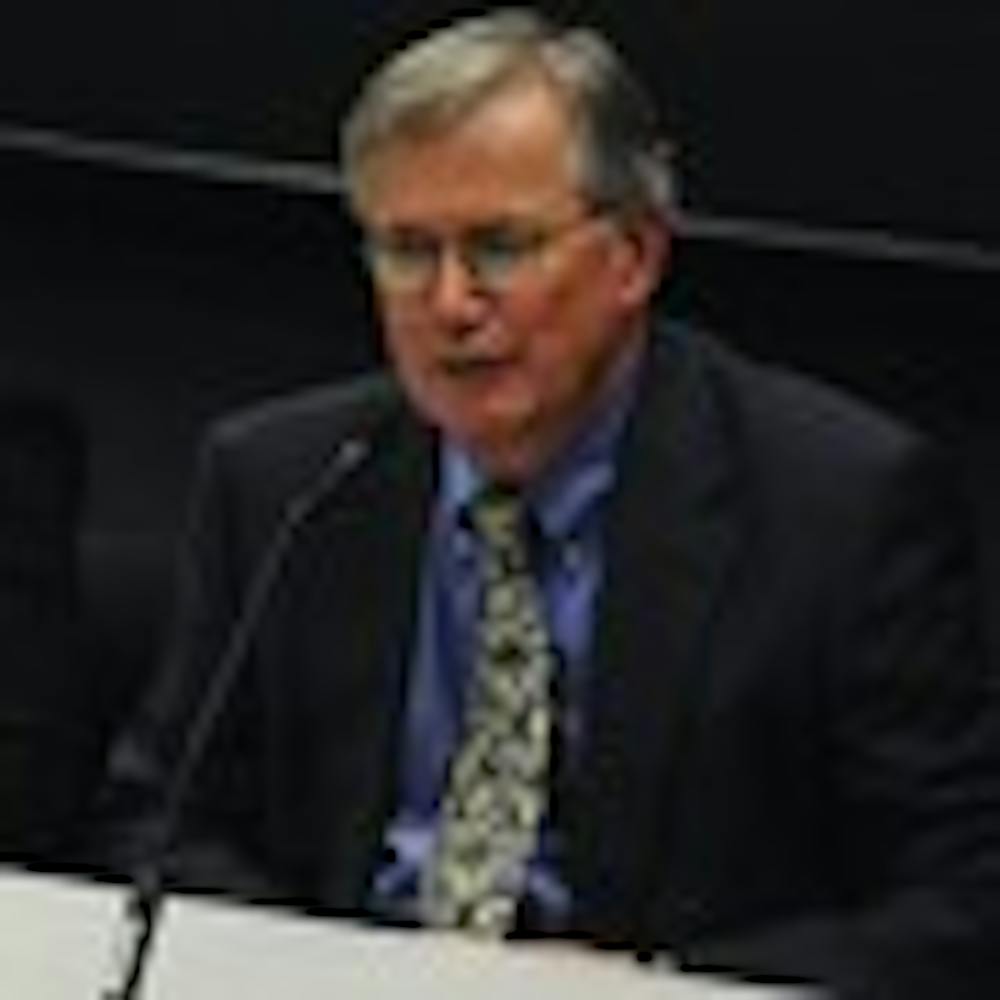Last night, healthcare experts voiced their thoughts on the need for reform and the possible effects of changes to the system.
The event took place in Steinberg-Dietrich Hall and was co-sponsored by the Wharton Undergraduate Healthcare Club and the Penn Bioethics Society.
The discussion addressed issues ranging from the costs of reform to the future of healthcare employees if a change were established.
The panelists — who included representatives from Penn’s departments of bioethics, law and healthcare management, as well as Drexel University — all generally agreed that the country’s current healthcare institution needs to evolve.
“The system as we now have it can’t go on the way it is,” warned Art Caplan, director of the Center for Bioethics at Penn. “It’s costing too much. It is falling apart.”
Each expert gave his or her opinion on the keys to revamping these problems through economic and political means.
Penn Healthcare Management professor Mark Pauly, for instance, urged a method of cost containment by cutting down on expensive medical technologies or reducing the large wages of individuals in the field of health care.
The panelists said right now, the best the government can hope to offer citizens is basic healthcare services. The road to government provided healthcare, however, will be difficult, the panelists added.
Even if the government achieves its goal, the panelists agreed it is just one stop along a very long road.
“Whatever problem we solve, you can be sure we will create another,” said Glenna Crooks, president of Penn’s Strategic Health Policy Institute. She went on to advise citizens to cope with the inevitable problems by remaining alert and not being overly optimistic.
According to panelists, those considering entering the healthcare field must realize that reform may establish accountability for healthcare workers, more job opportunities and, if cost containment is established, possibly lower wages.
However, panelists said they believed medical employees deserve to make a living, if not profit, as long as money is eventually cycled back into the system.
Students in attendance agreed that the panel was informative and relevant.
“It’s important to hear a variety of experts in the field,” to be a well-informed citizen, said Sudha Meghan, a Wharton and College senior.






